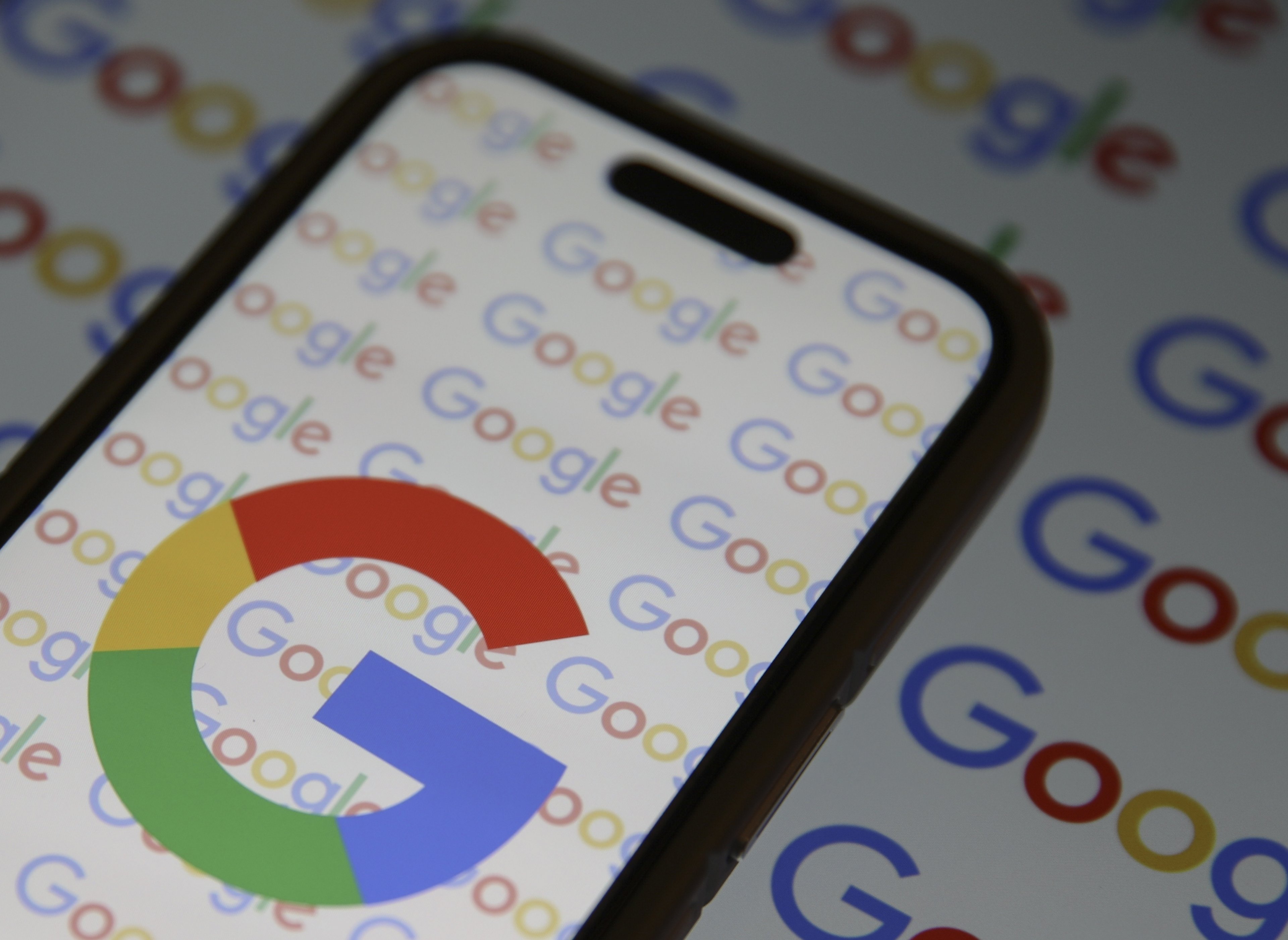On the eve of OpenAI's launch of ChatGPT-5, rival start-up Perplexity raised the stakes in a way few saw coming. On Aug. 12, reports surfaced that Perplexity is going after one of Alphabet's (GOOGL +0.96%) (GOOG +1.05%) crown jewels: the Chrome search browser.
This is more than a symbolic transaction: it's a $34.5 billion offer to completely transform how information is accessed.
Let's discuss why this acquisition offer is so important, and what it could mean for the dynamics of internet search -- which hasn't witnessed serious, existential disruption since Alphabet released Google nearly three decades ago.

NASDAQ: GOOGL
Key Data Points
What is Perplexity?
Launched in 2022, Perplexity is a large language model (LLM) that competes heavily with industry leaders such as ChatGPT, Anthropic, DeepSeek, Mistral AI, and xAI's Grok. Backed by more than $1 billion in capital from a mix of venture capital (VC) firms such as Bessemer Venture Partners and New Enterprise Associates, as well as strategic backers like Nvidia, SoftBank, and Databricks, Perplexity boasts a reported valuation of $18 billion -- making its offer for Chrome even more outrageous.
According to data compiled by FirstPageSage, ChatGPT is the most widely used chatbot -- boasting an estimated 60% market share -- while Microsoft Copilot and Google Gemini each hold about 14% market share. Perplexity ranks fourth with about half the market presence of Copilot and Gemini.
One of Perplexity's differentiators over other LLMs is that answers to queries can actually appear as indexed webpages on Google Search -- a feature that blends both conversational AI and traditional search protocols. This capability could be one of the core inspirations surrounding Perplexity's interest in owning Chrome.
Ironically, I recently wrote an article in which I posited the idea of Apple acquiring Perplexity and integrating the LLM into its Safari search browser. Chrome is far more valuable than Safari, though. Strategically speaking, I understand the theoretical logic and rationale behind why Perplexity wants Google's coveted search asset, as Chrome serves as a distribution channel for billions of users on a global scale.

Image source: Getty Images.
Why Perplexity's offer is important
While Alphabet's second-quarter earnings results suggest the company still has enormous leverage when it comes to surface area on the internet, the rise of LLMs has led some industry experts to posit the idea that Google is losing its dominance in search. I suspect that any hint of waning search parameters or a crack in Google's moat gave Perplexity an excuse to try to capitalize on perceived weakness.
In a scenario where Alphabet actually divested Chrome -- as unlikely as this is -- it would represent the first seismic shift in search since Google took the throne away from early disrupters such as Yahoo and Ask Jeeves (now Ask.com).
My prediction for what will happen
While I think Perplexity's offer is more symbolic than anything, it does open the door to some interesting discussions. What I mean by that is AI developers no longer seem to be satisfied touting higher user engagement stats and nominal upgrades in performance.
Rather, Perplexity and its peers are now seeking to integrate (or overtake) big tech's legacy product features and own the distribution channels on which consumers engage and access information. If Perplexity were to be the sole operator of Chrome, it could essentially redirect traffic on the internet into its native AI-driven ecosystem.
I think Perplexity's bid for Chrome will ultimately motivate Alphabet to think defensively and deliver on some welcomed and potentially much-needed innovation to the search market -- which it essentially has a monopoly on.
I would not be surprised if Alphabet swiftly integrates more of Gemini's generative AI capabilities across its entire ecosystem -- from Google Search, Maps, Workspace, Android, and YouTube. Taking this a step further, Alphabet could push harder in driving more enterprise subscriptions for Gemini, much in the same way Microsoft has done with Copilot. The end goal for Alphabet should be to make its AI so embedded that it eliminates the very idea of entertaining other platforms.
At the end of the day, Perplexity's offer for Chrome is intentionally bold, and I don't think Alphabet is going to even blink. With that said, should AI-powered browsers emerge as the next frontier for LLMs, there is no company better-positioned than Alphabet. The bigger question is how the company will take advantage of its lucrative positioning, and whether or not it will do so proactively or wait for further competition to force its hand.










